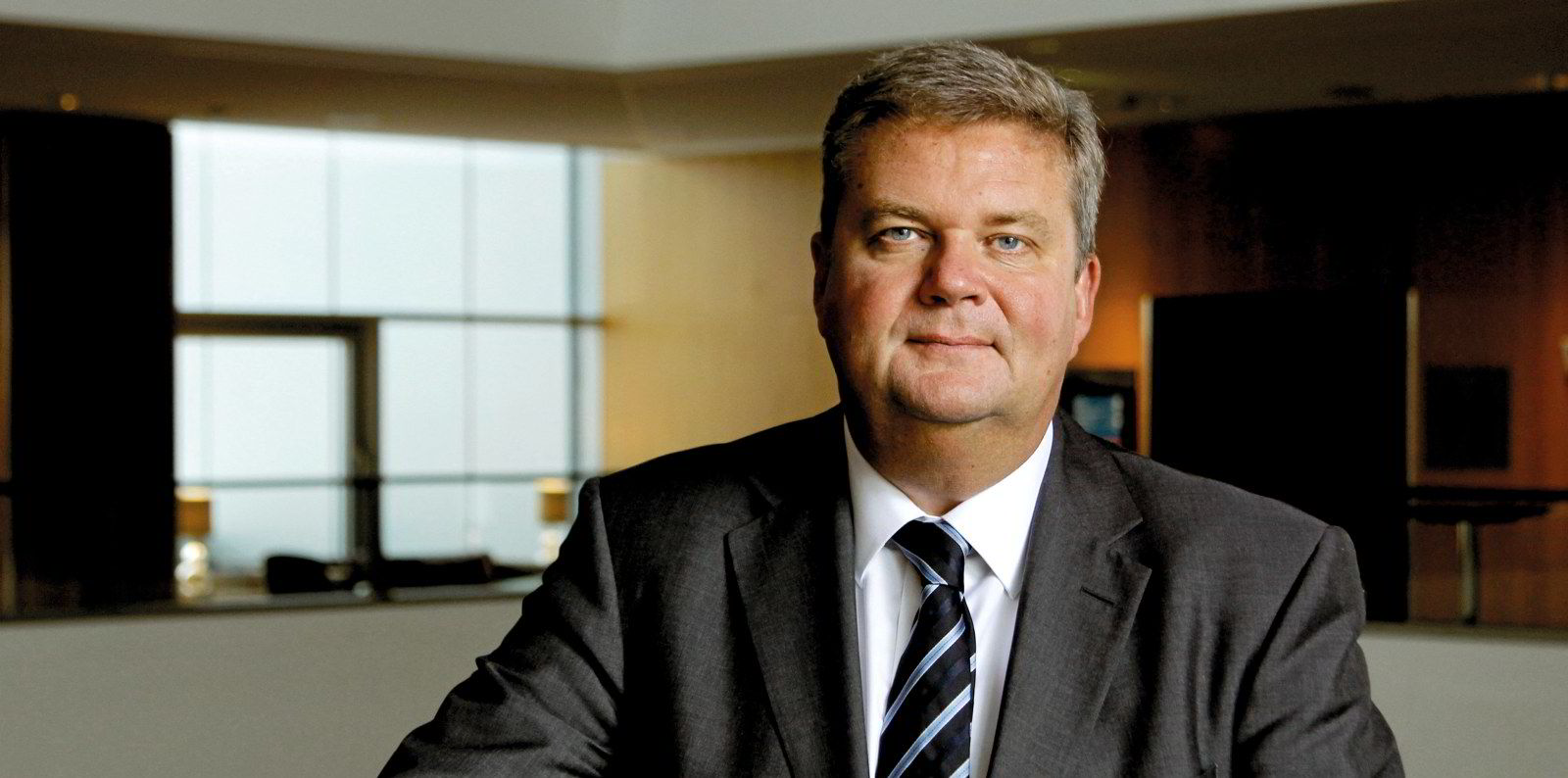An activist investor group aims to place ex-Vestas CEO Anders Runevad on the board of oil giant ExxonMobil as part of plans to refocus the supermajor for the energy transition.
Runevad – who led the Danish wind giant for six years until 2019 – was hailed by Engine No.1 for generating an almost 500% return for shareholders during his tenure at Vestas, as he was formally named alongside three others the investment firm hopes to lever onto the director list at ExxonMobil.
Engine No.1, which was set up last year by a group of investment veterans, claims ExxonMobil shareholders have lost out due to its narrow focus on maintaining hydrocarbon production.
“This approach stands in contrast to the company’s peers who performed better for shareholders over these periods, including by focusing on returns over production growth and beginning to evolve their businesses for a decarbonising world,” said the activist investor as it urged shareholders to back Runevad and its other picks in ExxonMobil’s forthcoming annual meeting.
Engine No.1 said Runevad “generated a 480% return for shareholders as the CEO of Vestas, which has more worldwide installed wind power than any other manufacturer, and is credited with turning the once heavily-indebted Vestas around”.
Runevad “developed a deep understanding of how renewable energy companies with growing markets and declining cost curves are transforming the industry.
“Furthermore, Mr Runevad was a CEO signatory to the Paris Pledge for Action signed in connection with the Paris Agreement,” ExxonMobil shareholders were told.
Alongside Runevad – who was succeeded by Henrik Andersen as Vestas CEO but is on the wind giant’s board – Engine No.1’s other candidates for ExxonMobil director are Alexander Karsner, a former US assistant secretary of energy and executive for Google X; Kaisa Hietala, a former renewable fuels chief at Neste; and oil industry veteran Gregory Goff.
The investment firm claimed the four “can help reposition this once iconic American company for greater future value”.
ExxonMobil has rejected Engine No.1’s choice. The oil giant told Reuters its incumbent directors “have experience leading some of the world’s largest, most complex and successful companies and bring to the board a wide range of backgrounds, knowledge and skills relevant to the company’s business and future direction – unlike the Engine No. 1 candidates”.
Like other US supermajors, ExxonMobil is widely viewed as lagging peers such as Shell, BP and Total in embracing the energy transition.
The European trio have all made significant investments in sectors such as offshore wind, solar and energy storage.
Read more
- 'We're more than serious': oil supermajor Total changing name for greener shift
- BP and Shell best-placed oil majors for energy transition, says ratings giant Fitch
- 'Big threat to oil still hard to find': supermajor Chevron CEO cool on energy transition
- Big Oil 'cannot have its cake and eat it' with energy transition spin-offs: HSBC




